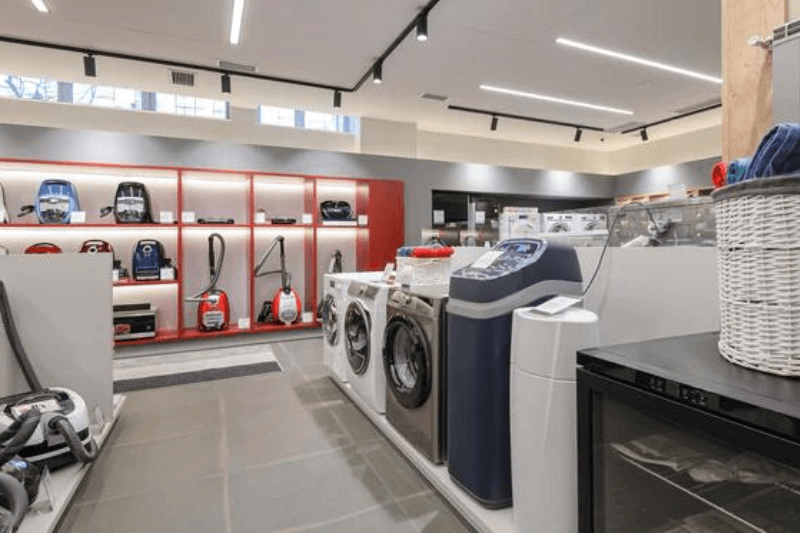
Efficiency Wars: Unraveling the Appliance Culture Clash
Land of the Free, Home of the Inefficient: Appliance Standards as Culture War Target
In a bid to enhance appliance efficiency standards, the Department of Energy (DOE) finds itself navigating a contentious landscape with implications for millions of consumers. As the Biden administration advances efforts to reduce climate-warming greenhouse gases and alleviate the financial burden on Americans, the battleground extends beyond mere technicalities to become a focal point in the nation’s culture war.
Energy Efficiency in the Crosshairs
The DOE’s initiative spans a spectrum of household appliances, ranging from ceiling fans to refrigerators, underscoring its commitment to environmental responsibility and consumer cost savings. However, the laudable goals face stiff opposition from the natural gas industry. The resistance is not limited to industrial sectors; conservative politicians and media outlets have seized upon appliance standards, transforming them into unexpected symbols in the broader culture war.
Trump Era Rollbacks and the Current Landscape
Former President Donald Trump’s history of rolling back efficiency standards looms large over the present discourse. His skepticism toward newer, energy-efficient appliances was evident in claims that they underperformed compared to their less efficient counterparts. Despite such assertions, research and testing at Consumer Reports debunk these myths, emphasizing the decline in prices and the simultaneous improvement in quality and consumer welfare.
Keep Reading
Unraveling the Narrative: Government Overreach or Necessary Measures?
The conservative stance against energy efficiency standards appears rooted in broader narratives about alleged government overreach. Critics argue that such standards limit consumer choices by phasing out older, less efficient products. Representative Scott Perry’s sarcastic quip during a House Committee hearing reflects this sentiment, highlighting a perceived infringement on Americans’ freedom of choice.
Biden’s Climate Change Agenda and Its Impact
In the wake of Trump-era delays, the Biden administration has accelerated reviews for energy conservation standards, positioning them as a crucial component of the President’s climate change agenda. The administration contends that these measures, collectively, will significantly reduce greenhouse gas emissions and generate substantial savings for Americans over the next 30 years.
Navigating Challenges: Gas Utilities and Fuel Switching
Amid these efficiency efforts, challenges emerge, particularly concerning gas utilities. The proposed standards for gas furnaces face opposition, with concerns that additional costs may lead to fuel switching to electric heat. The American Public Gas Association (APGA) and the American Gas Association (AGA) are actively challenging the new furnace standards in court, reflecting the contentious nature of the proposed changes.
Energy Conservation vs. Economic Implications
While the Energy Department proceeds with reviews of various energy conservation standards, the economic implications of these changes spark debate. Critics argue that the cost of compliance, especially for gas utilities and consumers, may outweigh the purported benefits. The pushback suggests that finding a balance between environmental responsibility and economic viability remains a significant challenge.
Streamlining Standards: Advocacy and Industry Collaboration
Efficiency advocates and appliance manufacturers have sought common ground, reaching an agreement to tighten standards for various appliances. This collaborative effort aims to streamline the process of approving new requirements. The ongoing reviews and potential streamlining underscore a pivotal moment in the evolution of appliance standards, with implications for manufacturers, consumers, and the environment.
The clash over appliance efficiency standards reveals a multifaceted struggle encompassing environmental concerns, economic considerations, and cultural narratives. As the Biden administration endeavors to catch up on overdue updates, the landscape of household appliances becomes an unexpected battleground in the broader sociopolitical context. The outcome of this clash will shape not only the efficiency of our appliances but also the cultural discourse surrounding environmental responsibility.




